
Although histotripsy can successfully destroy tumors in the liver, longer-term data are still needed to see recurrence rates and overall survival, said Shaun P. McKenzie, MD, FACS, a surgical oncologist with Texas Oncology.

Although histotripsy can successfully destroy tumors in the liver, longer-term data are still needed to see recurrence rates and overall survival, said Shaun P. McKenzie, MD, FACS, a surgical oncologist with Texas Oncology.

In an interview, Debra Patt, MD, PhD, MBA, FASCO, discusses the priorities of the Community Oncology Alliance as she starts her term as president.

Travis Brewer, vice president of payer and public health strategy/relations at Texas Oncology, shared that value-based oncology care can achieve both cost efficiency and high-quality outcomes through integrated multidisciplinary teams, flexible payment models, and targeted treatment approaches.

The design of the Enhancing Oncology Model (EOM) was a perfect fit for Minnesota Oncology.


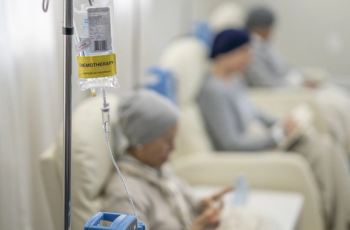
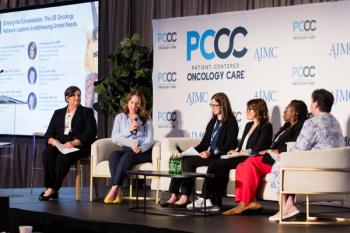

Martin Dietrich, MD, PhD, discusses how the FDA-approved combination therapy is transforming care for resectable early-stage non–small cell lung cancer (NSCLC).
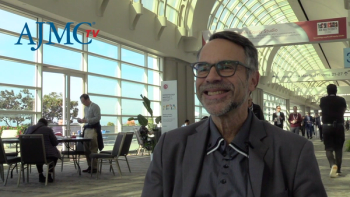
Bispecific antibodies show strong initial uptake in community settings for multiple myeloma treatment, particularly among Black patients compared with clinical trials.
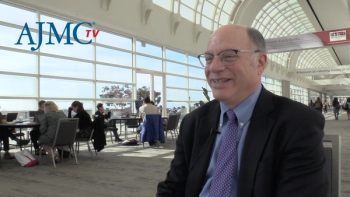
By reducing cytokine release syndrome and neurotoxicity, prophylactic tocilizumab could facilitate safe outpatient administration of bispecifics to treat multiple myeloma (MM), explained Robert Rifkin, MD.

Accompanying these findings is a call for refined treatment strategies that have potential to better outcomes among patients who have unresectable stage III non–small cell lung cancer (NSCLC).

In September, amivantamab (Rybrevant; Johnson & Johnson) received its fourth treatment indication from the FDA to treat non–small cell lung cancer (NSCLC).
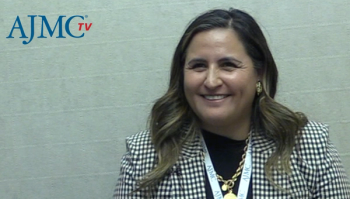
Mabel Mardones, MD, Rocky Mountain Cancer Centers, discusses the future of HR+/HER2– breast cancer treatment, focusing on the importance of biomarkers and the potential of SERDs to improve patient outcomes.


Amivantamab's role in non–small cell lung cancer (NSCLC) has been a highlight of the lung cancer space this year, with the 2 most recent approvals based on data from the MARIPOSA and MARIPOSA-2 trials.

Mabel Mardones, MD, board-certified medical oncologist and hematologist who specializes in breast cancer at Rocky Mountain Cancer Centers, emphasizes the importance in identifying patients with HR-positive, HER2-negative (HR+/HER2–) breast cancer with unmet treatment needs.

The pharmacist is a critical member of the care team to help manage patients on treatment and contain costs of cancer care, said Kirollos S. Hanna, PharmD, BCPS, BCOP, FACCC, director of pharmacy, Minnesota Oncology.

On September 19, the FDA handed down its third amivantamab (Rybrevant; Johnson & Johnson) approval for 2024 in non–small cell lung cancer (NSCLC), giving the third-generation tyrosine kinase inhibitor its fourth approval overall.
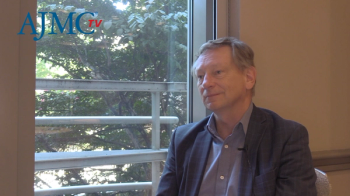
Demonstration projects to show accurate use of artificial intelligence (AI) in cancer care are important to prevent a loss of credibility in the technology, explained Glenn Balasky, executive director, Rocky Mountain Cancer Centers.
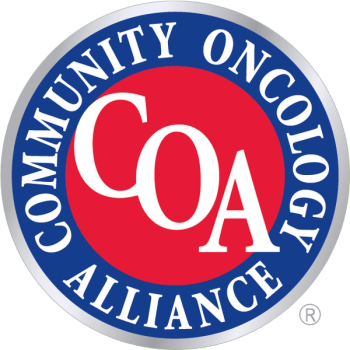

In this final segment of our interview with Ontada's Jessica K. Paulus, ScD, she explains how her team's data presented at the American Society of Clinical Oncology annual conference may translate to the real world.

In our ongoing interview with Jessica K. Paulus, ScD, Ontada, she explains potential drivers behind changing trends in care for lung cancer that may have been influenced by the COVID-19 pandemic.

In part 3 of our interview, Jessica K. Paulus, ScD, Ontada, addresses the importance of understanding data sources and their impact on clinical research.

Ishwaria Subbiah, MD, of SCRI Oncology Partners, discusses new findings presented at ASCO 2024. This interview will appear in the annual ASCO recap issue of Evidence-Based Oncology.

“The screening victory there is going to take some more time to show its benefit at the population level,” notes Jessica K. Paulus, ScD. “Some of these things are just going to be reductions in mortality that we have to wait to observe over time.”

Coverage from the Institute for Value-Based Medicine.

This investigation used data from The US Oncology Network on trends in lung cancer stage when patients present for care.

Coverage of a session on antibody drug conjugates from the 2024 American Society of Clinical Oncology Annual Meeting.
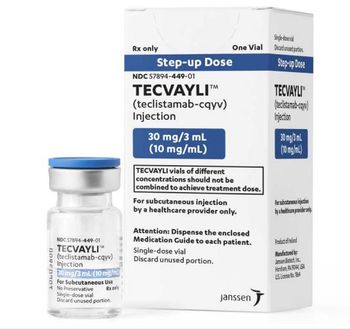
Results for the first 10 patients offer promising signs for giving patients with multiple myeloma a prophylactic dose of tocilizumab before they are treated with the bispecifc antibody teclistamab.

259 Prospect Plains Rd, Bldg H
Cranbury, NJ 08512
© 2025 MJH Life Sciences®
All rights reserved.
